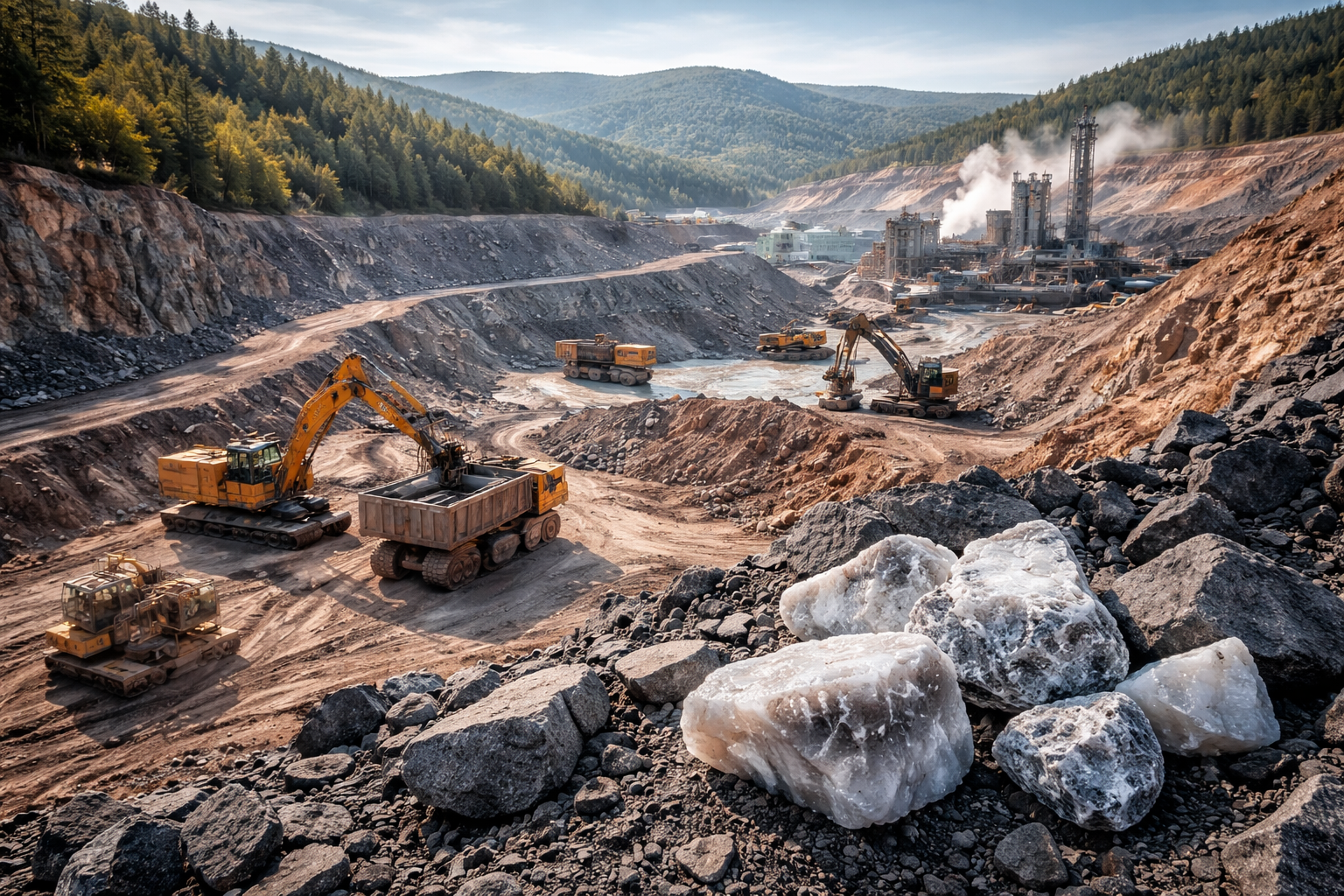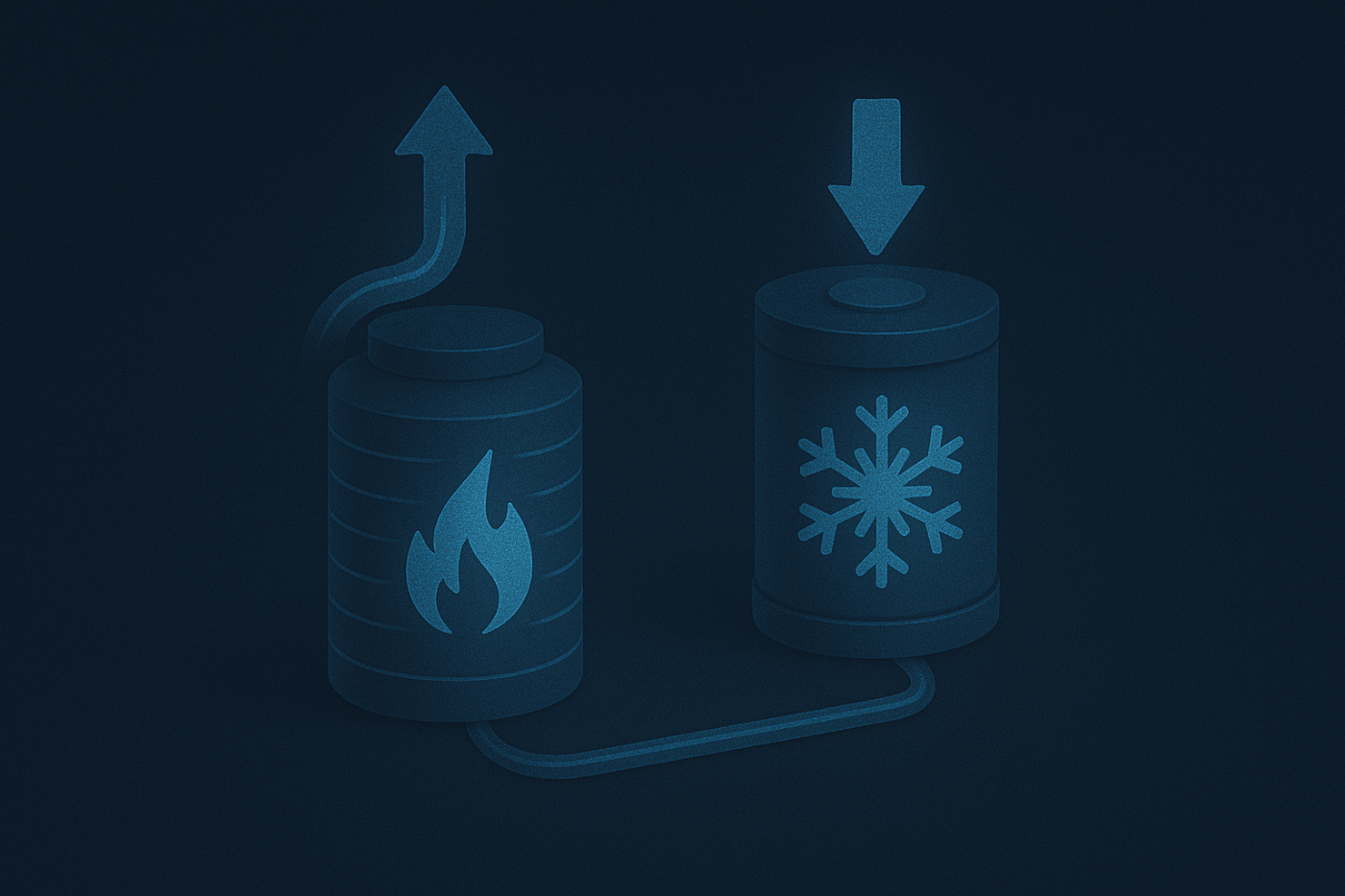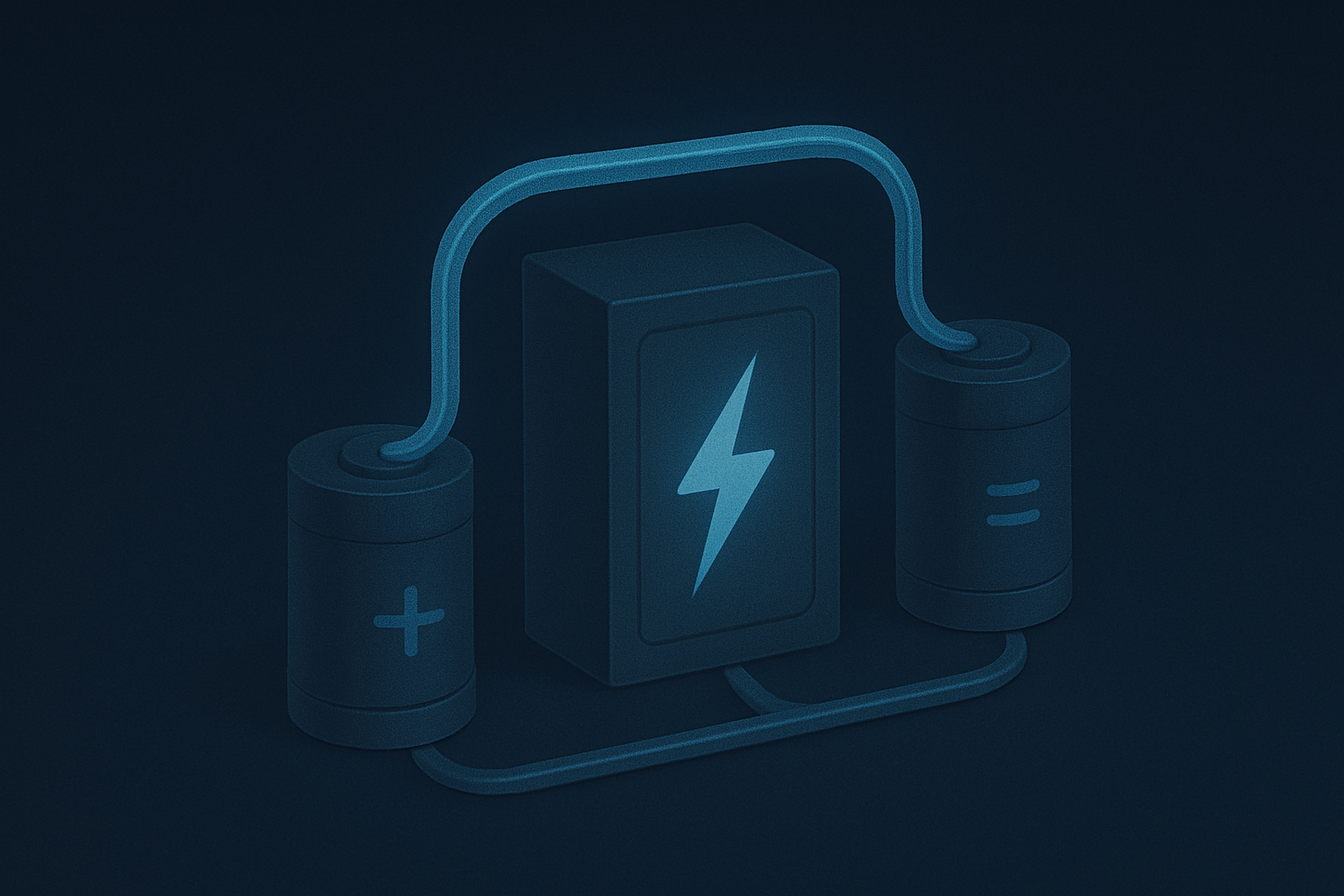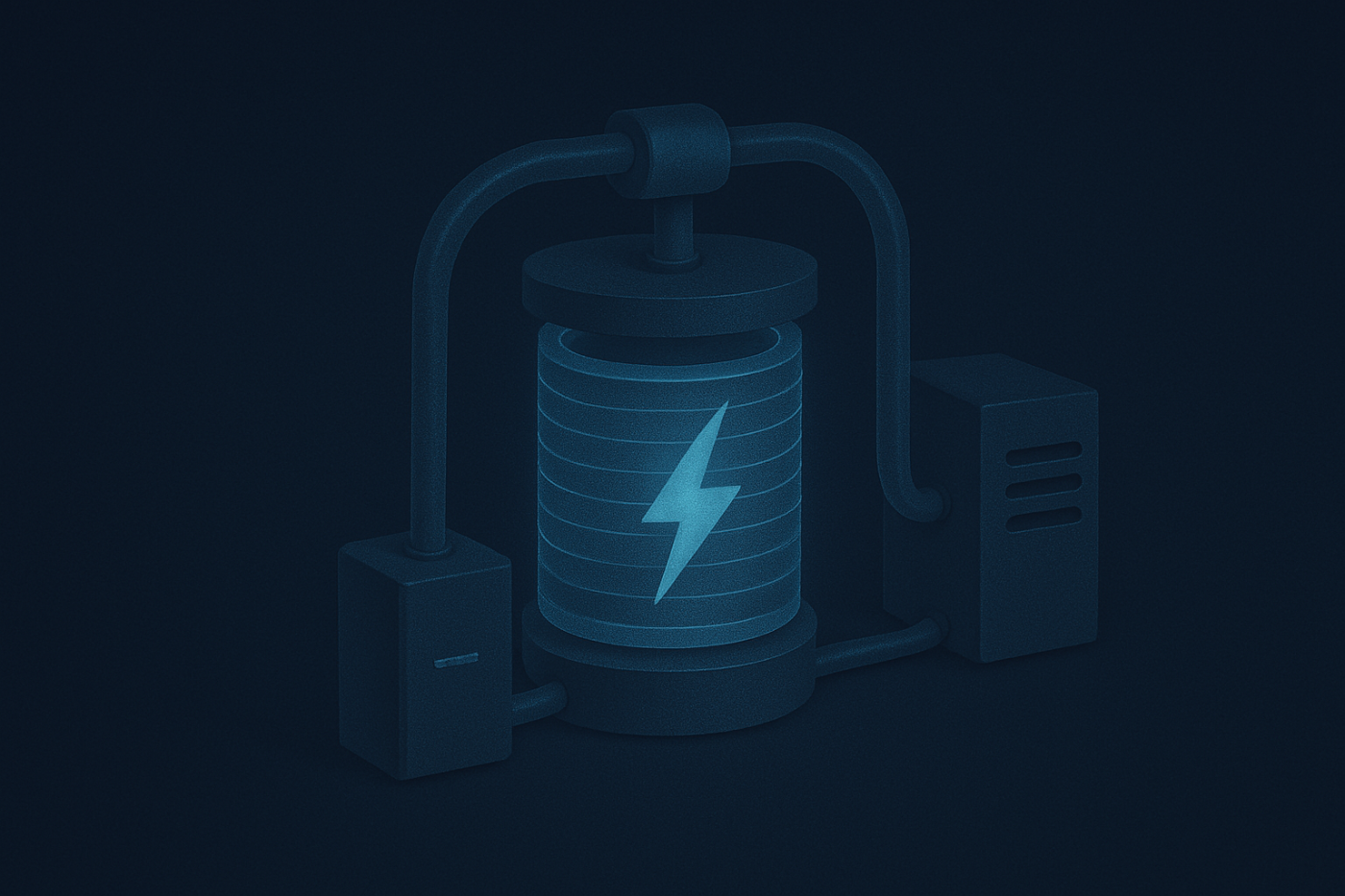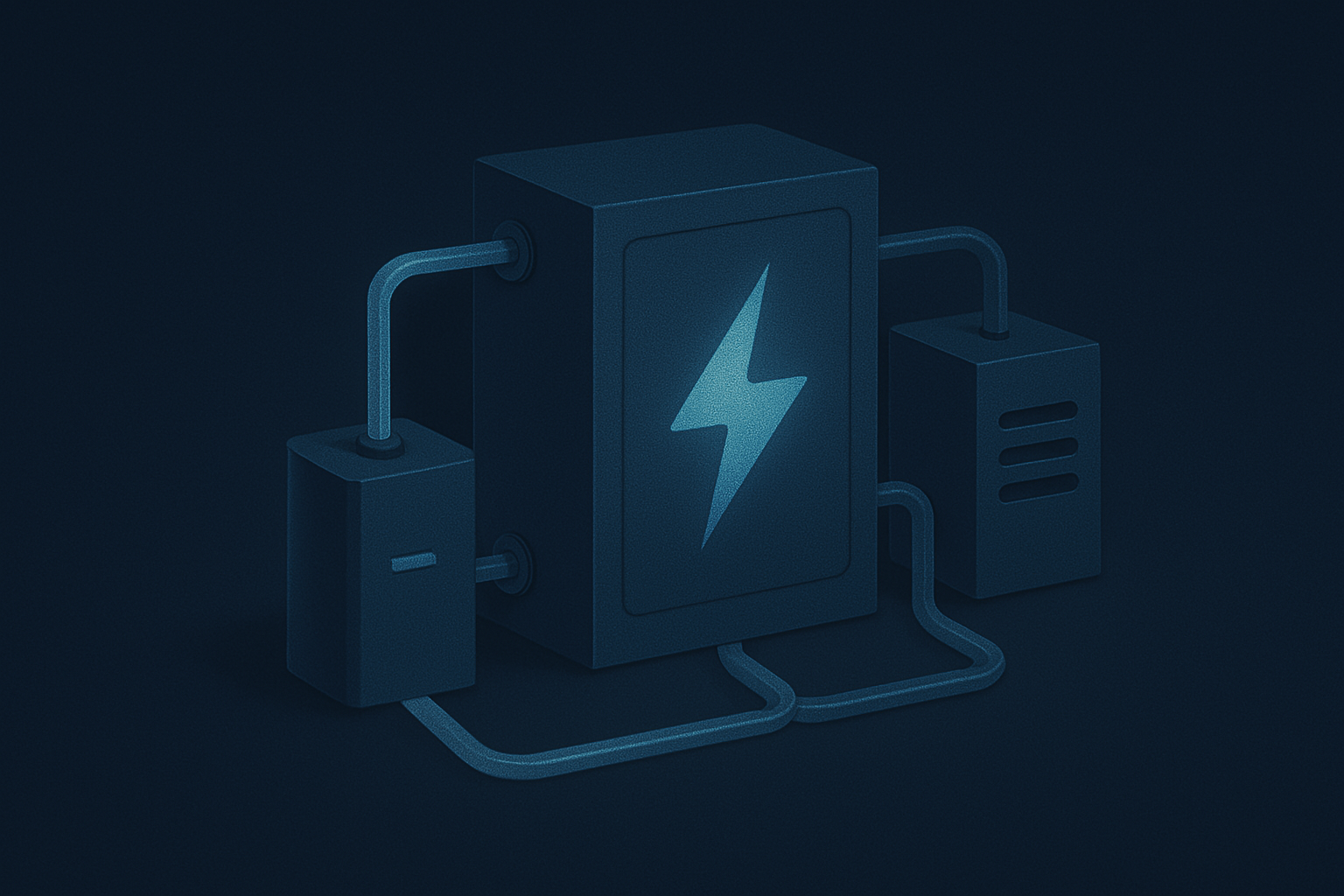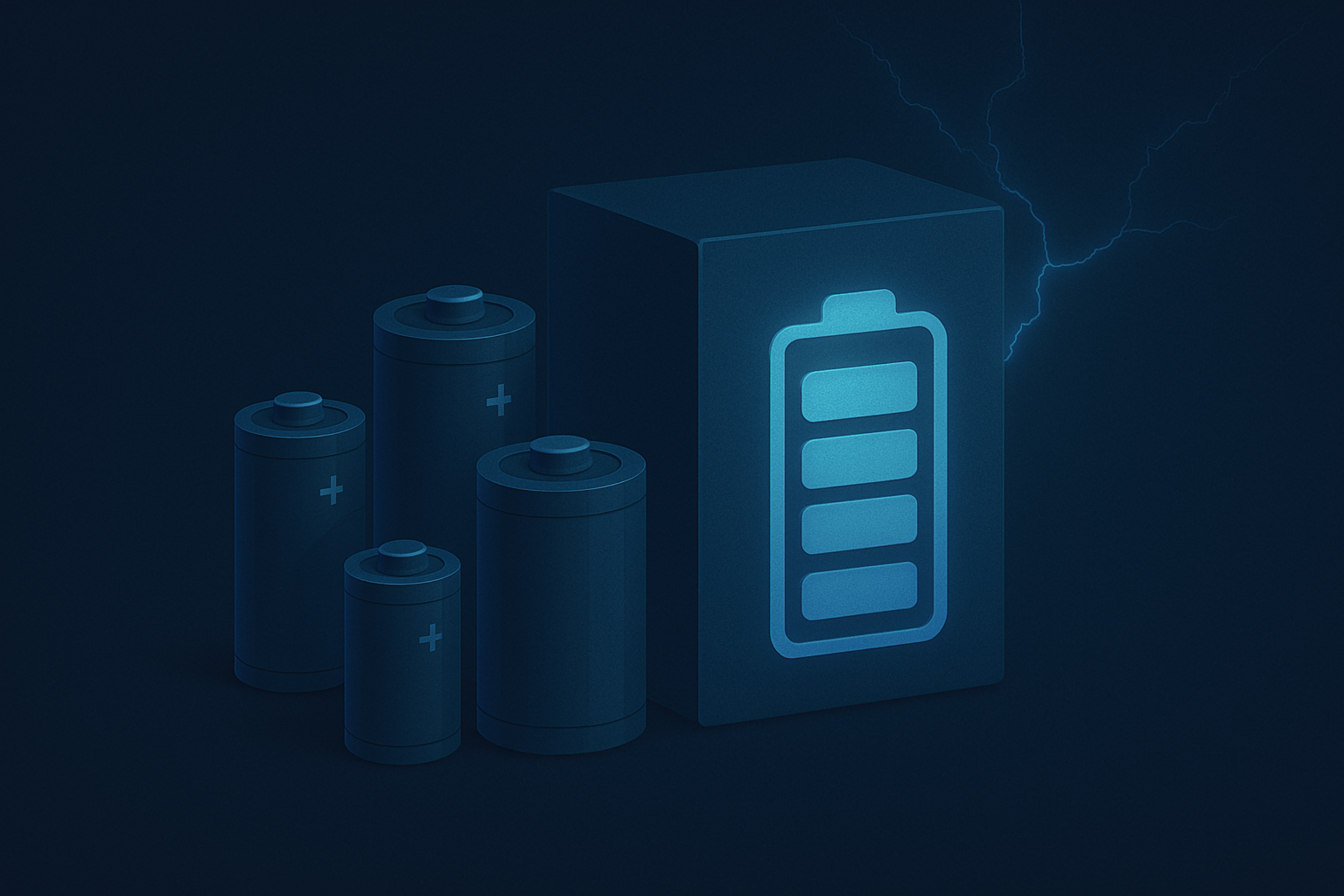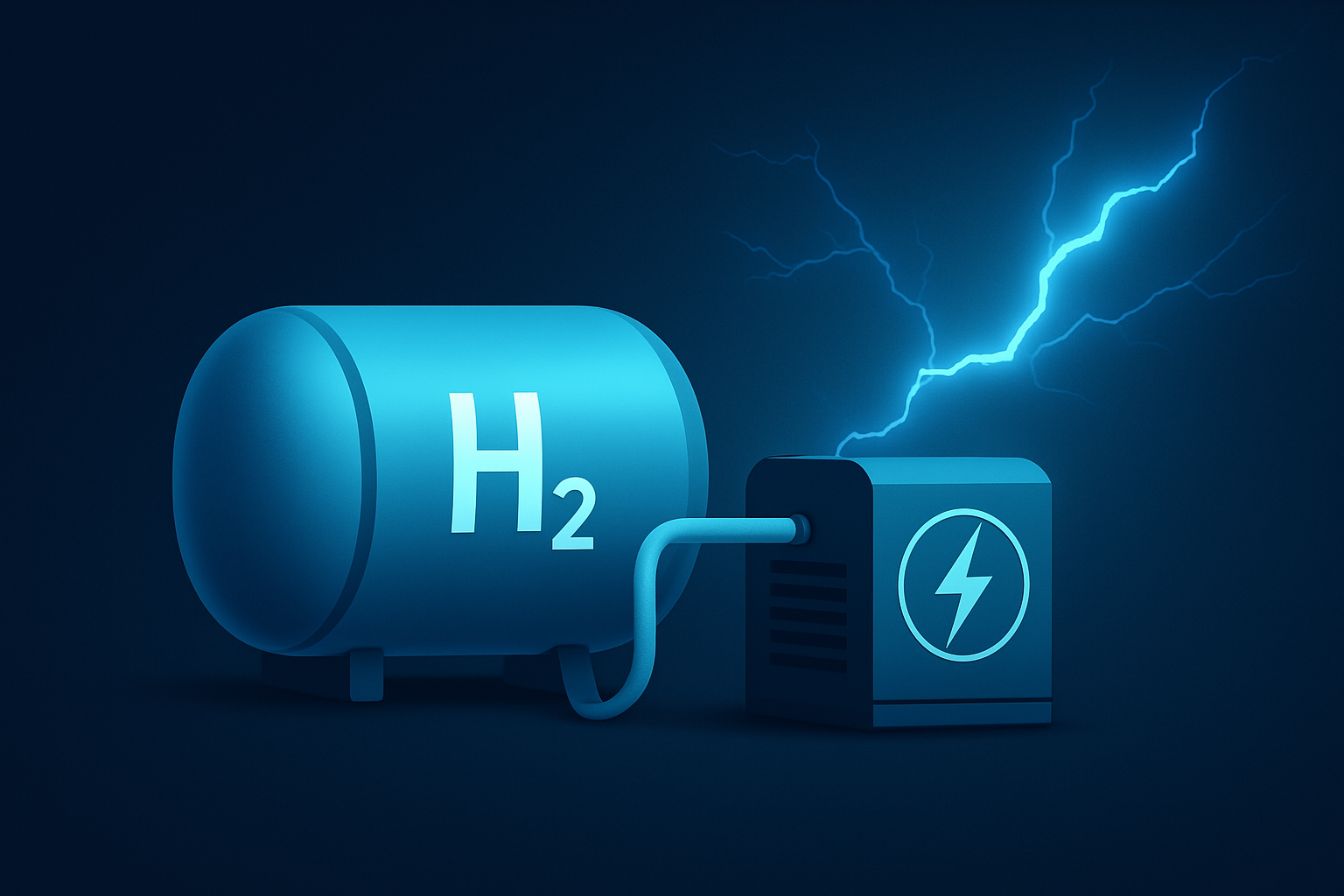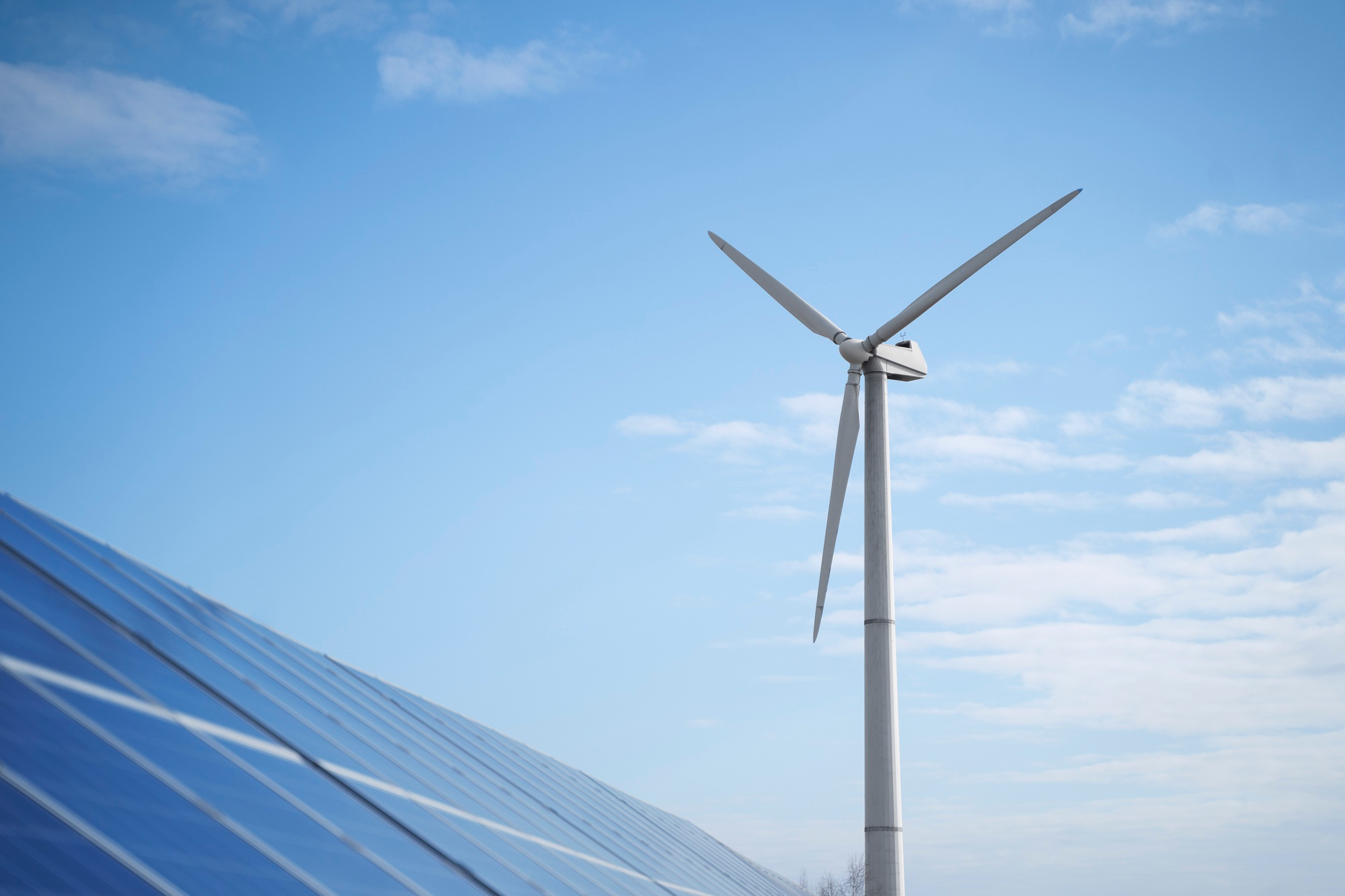
Energy Storage and the Intermittency of Renewables – Why It Matters for Romania and Hungary – Part 7
REPowerEU: Catalyzing Clean Energy Investments
Launched in response to the energy crisis exacerbated by geopolitical tensions, the REPowerEU Plan aims to reduce the EU's dependence on fossil fuels by accelerating the deployment of renewable energy and enhancing energy efficiency. Under this initiative, Hungary and Romania have received substantial funding to support their energy transitions. For instance, Romania has allocated an additional €150 million for electricity storage batteries, aiming to bolster its energy storage capacity and grid stability. Similarly, Hungary has submitted its REPowerEU chapter to support investments in energy transition, focusing on integrating renewable energy sources and modernizing its energy infrastructure.
Net-Zero Industry Act: Streamlining Clean Tech Manufacturing
The Net-Zero Industry Act, adopted by the European Parliament and Council, seeks to strengthen the EU's manufacturing capacity for clean energy technologies, including batteries and energy storage systems. The Act introduces measures to simplify permitting processes, aiming to expedite the development of strategic projects. For example, the time limit for permitting construction or expansion of manufacturing projects with a capacity of larger than 1GW is set at 18 months, while projects smaller than 1GW have a 12-month limit. These streamlined procedures are expected to facilitate the growth of energy storage manufacturing in Hungary and Romania, supporting their domestic energy needs and contributing to the EU's overall climate goals.
Cross-Border Collaboration: Enhancing Regional Energy Security
Beyond national efforts, Hungary and Romania are engaging in cross-border collaborations to enhance regional energy security and diversify energy sources. A notable example is the joint venture between Azerbaijan, Georgia, Romania, and Hungary to construct a 1,100 km subsea interconnector across the Black Sea. This project aims to link planned Azeri wind farms to Europe, providing an alternative energy supply route and reducing dependence on traditional fossil fuels. - Reuters
These initiatives underscore the commitment of Hungary and Romania to align with EU energy policies, leveraging both European support and local capabilities to advance their energy transitions. By integrating renewable energy, expanding energy storage, and participating in regional collaborations, these countries are contributing to a more sustainable and secure European energy landscape.
To be continued…
Banner designed by Freepik
News & Events
Read the most recent updates and explore the upcoming events.

